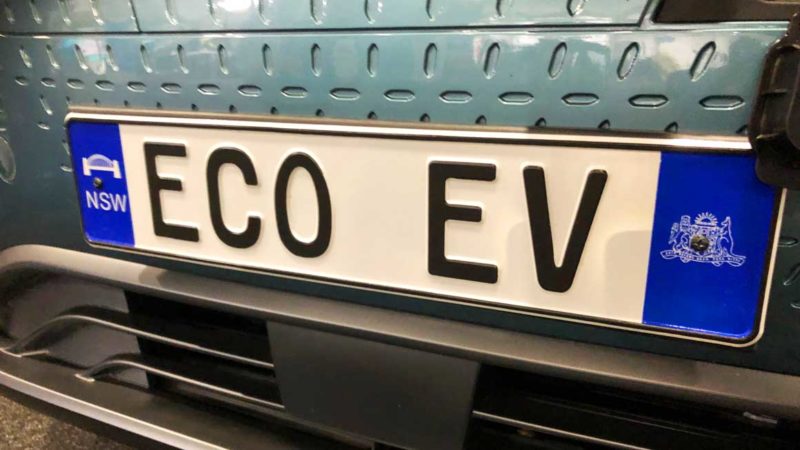Australia is at risk of being dragged “kicking and screaming” into the global transition to fuel efficient and electric vehicles, with the lack of action on fuel emission standards leaving the country and consumers struggling to catch up to the global shift to clean transport.
The senior manager for Hyundai Australia’s future mobility division, Scott Nargar, told the Renewable Cities conference in Sydney on Thursday that Australia will not be ready for the transition to zero emissions mobility without a collaborative approach to electric vehicle policy.
vehicle emissions policy and combustion engine bans around the world.
“Vehicle emissions regulations are going to drive change here and around the world,” Nargar said, noting the advanced fuel emissions policy and combustion engine bans around the world.
“Vehicle emissions regulations in Europe and in North America, Korea, Japan are making car manufacturers have cleaner vehicles.”
But in Australia, Nargar said, there is a distinct lack of policy on reducing vehicle emissions, which means that Australia attracts vehicles onto the market that are significantly less efficient than similar models sold overseas.
This costs consumers between $600 and $900 each for added fuel costs, and according to Robin Smit and Jake Whitehead from the University of Queensland, and Nic Surawski from Sydney’s UTS, Australia could have saved $1 billion if emissions regulations were put in place three years ago.
The Coalition government had made tentative moves towards it in 2017, but the idea proposed by then energy minister Josh Frydenberg was shouted down by the Murdoch media as a “carbon tax on wheels”.
Nargar says that due to last month’s election outcome, the introduction of a fuel emissions policy will still not be on the cards now for another three years at the very least.
“Post election we are probably not going to have vehicle emissions regulations for the next three years, and we got some confirmation from the government the other night that we’re not going to see anything change in this area any time soon,” Nargar said.
But the transition to electric vehicles is inevitable, as Australia does not have its own car industry and as a relatively small market is at the behest of global markets.
“So, as car manufacturers we need to start preparing for this market …. [Hyundai] build car for every single country in the world, so those countries around the world are starting to have emissions regulations to make our cars cleaner or they are planning to ban internal combustion engines,” Nargar said.
“[Australia is] not a country that is big enough to justify or ask for specific technology to come here, we are a taker of global technology in the automotive sector now.
“So as Hyundai and other manufacturers start developing these drivetrains for countries that are banning vehicles that create emissions, we are going to be the taker of that technology so we need to have the infrastructure here that is ready for those cars.
“From Hyundai’s perspective, we’ve [brought] two EVs on the market in the last six months …. this change around the world are going to force Australia to change.”
“We can do it kicking and screaming or we can start to work together as industry and government to help with those changes.”

Bridie Schmidt is associate editor for The Driven, sister site of Renew Economy. She has been writing about electric vehicles since 2018, and has a keen interest in the role that zero-emissions transport has to play in sustainability. She has participated in podcasts such as Download This Show with Marc Fennell and Shirtloads of Science with Karl Kruszelnicki and is co-organiser of the Northern Rivers Electric Vehicle Forum. Bridie also owns a Tesla Model Y and has it available for hire on evee.com.au.

